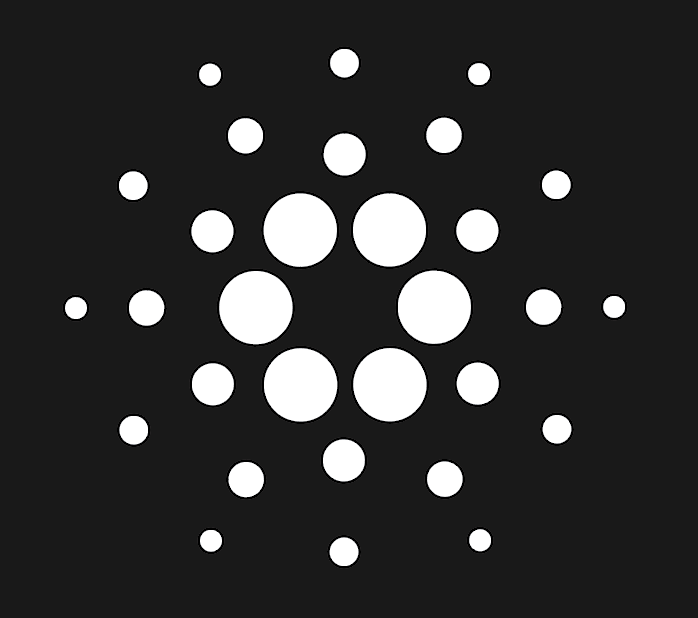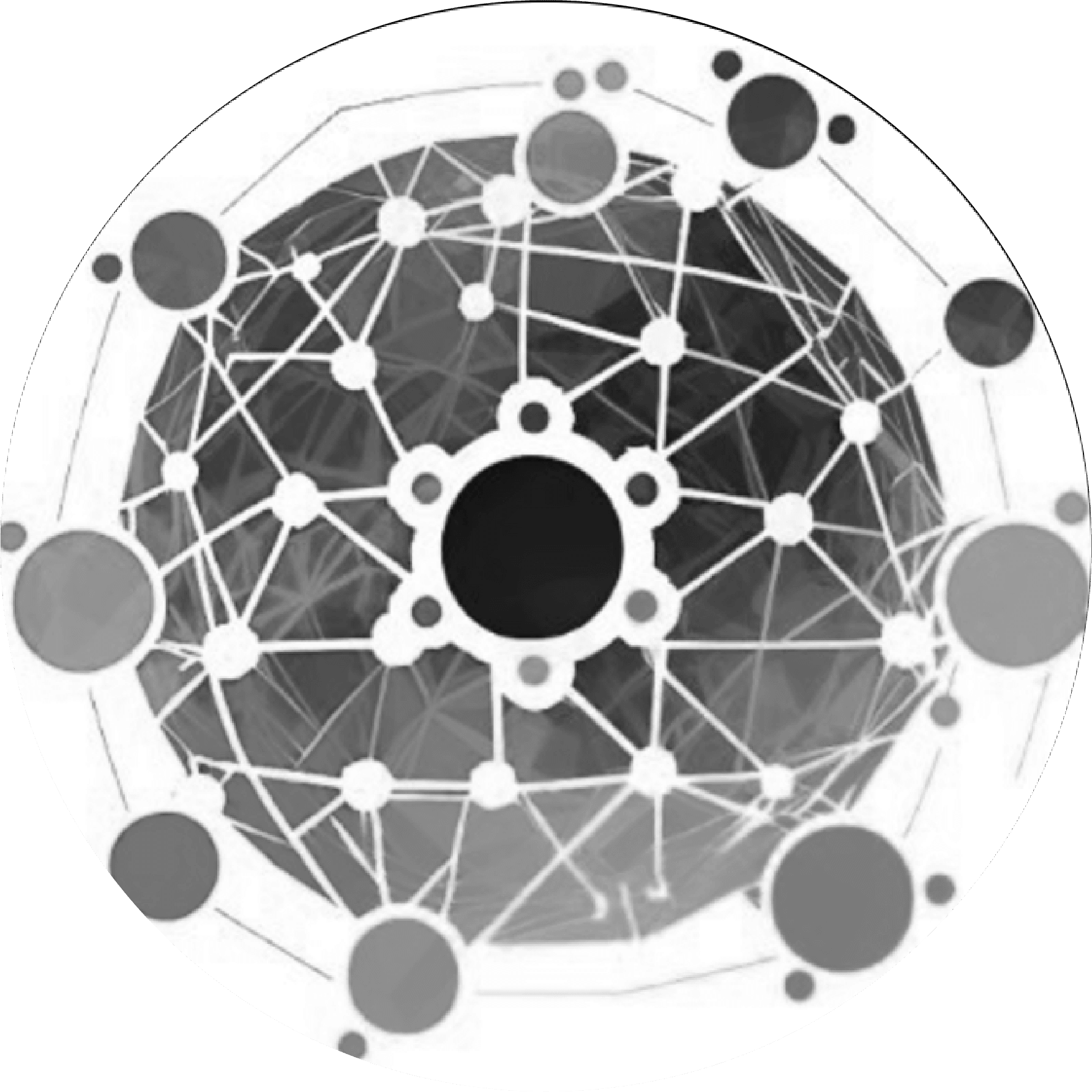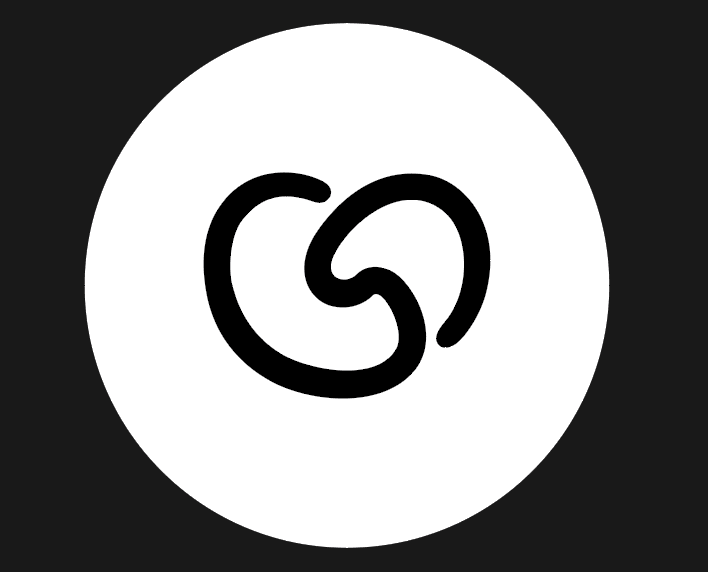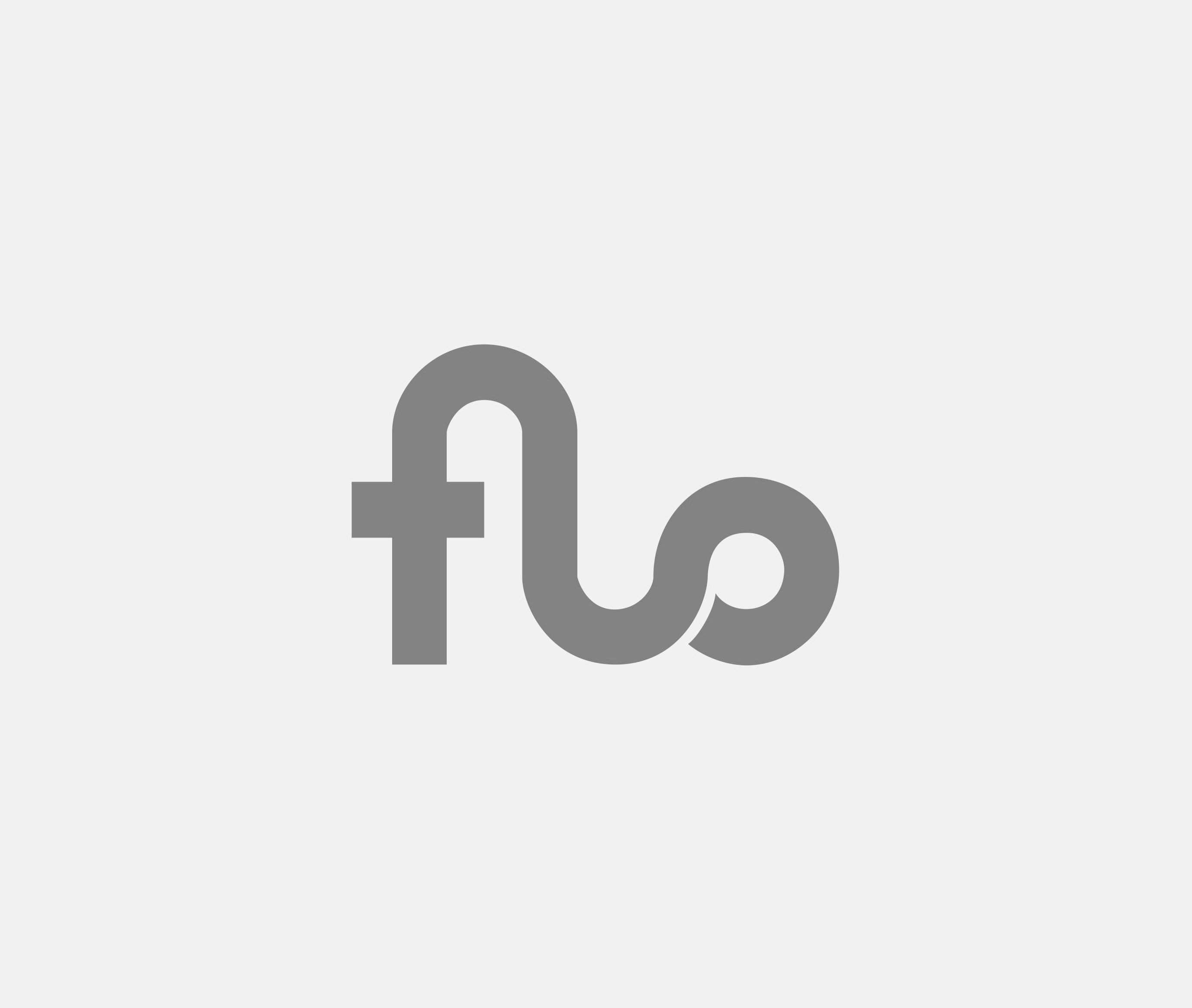Leading Change, an event held during Techweek Tauranga 2018, explored the opportunity to do good, sustainably, by adapting free enterprise to include an important innovation. Social enterprises innovate by using the basics of launching and running commercial enterprises while committing to achieving the ‘purpose’ of an organisation as an equal business priority to making a profit. They commit to trading in order to solve social challenges. Sustainability Options has been operating as a social enterprise in the Bay for four years. Given the rise of social enterprises, we thought you’d like to hear from one which has been working in this space for a while now. We asked Jo Wills to tell us about what they do and why ...
Sustainability Options was established by brothers, Nik and Phil Gregg in 2014 as an altruistic business - one that would work for the good of the community as its main purpose. I joined in February 2015. We’d planned to work together in a social business for a while as we'd all had our fair share of traditional business models failing the values we all hold, we wanted (and still do) to demonstrate that business could be for good, without the benefits or compromises of being a registered charity, reporting to a trust or board of directors. Our drivers are improved social and environmental outcomes. This is what we make our decisions on, not a balance sheet.
I genuinely believe in the way we, as a social enterprise, work. I would not like to see the Government interfere with structures for social business, at least not in the near future. We have seen the 'charitable' status completely undermined by businesses with purely commercial drivers using it as a funding channel. We will always work to be free to respond and deliver to needs as we
see them. We want to be able to prove that business can and should be for good first and foremost. Making (enough) money is the result, not the purpose.
The reason we work so well together is we all share the same values. We've all left (relatively) high-paying corporate roles behind to do what we do now (not directly, I'd been moving in the NFP space for 10 years slowly reducing my salary as I moved towards social business), we share how we feel about what we're doing openly, all the time, with anyone who asks, because we want people to understand. We operate on a really flat structure, we make decisions collectively and working collaboratively is an essential part of how we work. One of Sustainability Option's goals is to unleash the potential of everyone who works with us. We want to show them a different way of doing business and encourage them to learn and take all they can from it so when they decide to move on, they'll be advocating for a better way to do business as well.
Our backgrounds are a medley of residential energy efficiency, housing performance, and environmental and social sustainability. This is what led us to offering the Western Bay of Plenty community free, independent housing assessments. We know how poorly houses in New Zealand perform and understand the significant social and environmental impacts of this. So it made sense to give our time, knowledge and understanding, on any aspect of housing and sustainability, free to anyone in the community who wanted or needed it.
As things evolved, we set up Curtain Bank in Tauranga (then handed it over to the Red Cross to manage) as well as heater and blanket bank. One of the great things about being a social business is the flexibility we have to deliver needs as we see them. This means in the cooler months, we can help alleviate the immediate issues of cold homes. People donate heaters and blankets to us, (as well as other things such as warm clothing for kids) and we get the heaters checked and tagged and put them into homes.
Another initiative we have started is Tradebank, with Tradies donating their time to fix a raft of deferred maintenance projects, many of which are holding homes back from getting on with the next stage of being warm, dry and healthy. We developed and manage this project on a purely not-for-profit basis - our time goes into championing it, finding the tradies and linking them up with the families who could use a bit of a helping hand.
Sustainability Options also supports EnviroSchools by making sure the schools we work with know about the programme and its value. We run a complementary programme called EnviroChallenge - a one day 'challenge day' as part of a year-long mentoring programme to help students and teachers reach their sustainability goals. Challenge day brings together environmental groups from around the region to compete in a series of challenges that get them focused on the issues they face in their school and the relevance of each to the global situation. We receive a small amount of funding for this, but Sustainability Options underwrites most of the cost. Take a look here for more info about the most recent EnviroChallenge day.
We have also given our time and knowledge to a number of housing, transport and sustainability projects around the Bay, some we've led, others as participants, when we've seen a positive outcome.
So why do we do it? To be frank, housing in New Zealand is shit! Housing is making people sick, putting a strain on their finances and wasting precious resources. Many people will offer advice, attached to a product they want to sell. So people spend what little money they have on something that does very little to address the cause of the issue and are no better off. We give our time free, and share our knowledge with anyone who needs it, without any product or sales focus. Much of what we discuss is behaviour-based, as we know forking out thousands for products is beyond the reach of many.
We are not bound by a sales model or a set of rules set by the Charities Commission. This means we can be truly innovative and responsive to need. We still need to put food on our tables, which we do through a number of contracts where we help more people outside of the Western Bay of Plenty, but everything we do is focused on our purpose - to work for the good of the community. We want to do our bit to leave the world in a better place for future generations.







